FAQs
How to decide what business to buy
Deciding what business to buy is a crucial decision that requires careful consideration and analysis. Here are steps you can take to help you make an informed decision
- Start by conducting a thorough self-assessment. Consider your skills, experience, interests, and values. What industries or types of businesses align with your background and preferences?
- Clearly define your personal and financial goals. Understand what you want to achieve through owning a business, whether it’s financial success, work-life balance, or pursuing a passion.
- Research various industries to identify trends, growth opportunities, and potential risks. Look for industries that match your interests, have a positive outlook, and align with your long-term goals.
- Analyze the market to identify opportunities and competition. Consider factors such as market size, target demographics, and geographic location. Evaluate the demand for the products or services offered by the businesses you’re considering.
- Determine your budget and financial capacity. Assess the potential return on investment and profitability of the businesses you’re interested in. Consider factors such as cash flow, historical financial performance, and growth potential.
- Conduct thorough due diligence on businesses you’re seriously considering. This includes reviewing financial statements, contracts, customer relationships, and operational aspects. Identify any potential risks or liabilities.
- Understand the different business models within your chosen industry. Consider whether you want to start a business from scratch, buy an existing business, or invest in a franchise.
- Assess how the business will fit into your lifestyle. Consider the time commitment, management style, and work-life balance associated with different types of businesses.
- Seek advice from professionals, including business brokers, attorneys, and financial advisors. They can provide insights, help with negotiations, and ensure you’re making well-informed decisions.
- Attend industry events, join relevant associations, and network with professionals in your chosen field. This can provide valuable insights and connections that may influence your decision.
- Assess the growth potential of the businesses you’re considering. Consider factors such as market trends, scalability, and the potential for innovation.
- Consider your personal compatibility with the business. Do you have a genuine interest in the industry, and does the business align with your values and goals?
- Be aware of legal and regulatory considerations associated with the industry and specific businesses. Ensure compliance with local, state, and federal regulations.
- If the business has an existing team, assess their skills, experience, and overall dynamics. A capable and motivated team can contribute significantly to the success of the business.
- Finally, trust your instincts. If something doesn’t feel right or if you have reservations, it’s essential to address these concerns before proceeding.
- Complete the necessary paperwork and processes to transfer ownership to the buyer.
By following these steps, you can make a well-informed decision on the type of business to buy. Remember that thorough research and due diligence are key components of a successful business acquisition.
Contact Us
- Reena Loans
- (415) 866-3440
- Reena@Rlare.Com
- 655 45th Ave, San Francisco, CA 94121



